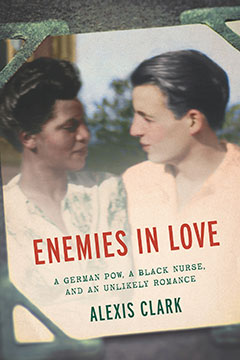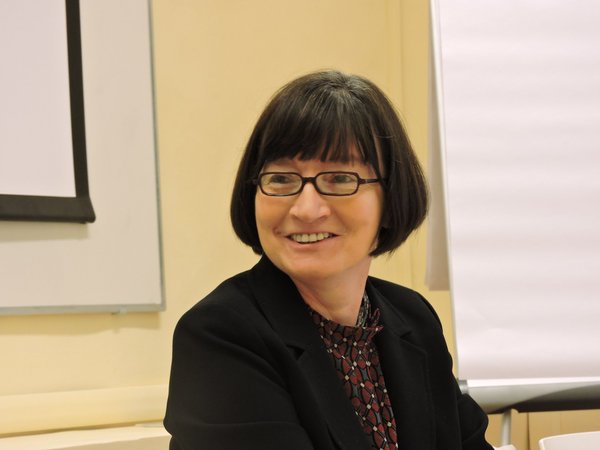Enemies in Love: A German POW, a Black Nurse, and an Unlikely RomancePosted in Biography, Books, Europe, History, Media Archive, Monographs, United States on 2019-02-10 22:57Z by Steven |
Enemies in Love: A German POW, a Black Nurse, and an Unlikely Romance
The New Press
May 2018
288 pages
5½ x 8¼
Hardcover ISBN: 978-1-62097-186-4
Alexis Clark, Adjunct Faculty
Columbia Journalism School, New York, New York
A true and deeply moving narrative of forbidden love during World War II and a shocking, hidden history of race on the home front
This is a love story like no other: Elinor Powell was an African American nurse in the U.S. military during World War II; Frederick Albert was a soldier in Hitler’s army, captured by the Allies and shipped to a prisoner-of-war camp in the Arizona desert. Like most other black nurses, Elinor pulled a second-class assignment, in a dusty, sun-baked—and segregated—Western town. The army figured that the risk of fraternization between black nurses and white German POWs was almost nil.
Brought together by unlikely circumstances in a racist world, Elinor and Frederick should have been bitter enemies; but instead, at the height of World War II, they fell in love. Their dramatic story was unearthed by journalist Alexis Clark, who through years of interviews and historical research has pieced together an astounding narrative of race and true love in the cauldron of war.
Based on a New York Times story by Clark that drew national attention, Enemies in Love paints a tableau of dreams deferred and of love struggling to survive, twenty-five years before the Supreme Court’s Loving decision legalizing mixed-race marriage—revealing the surprising possibilities for human connection during one of history’s most violent conflicts.







